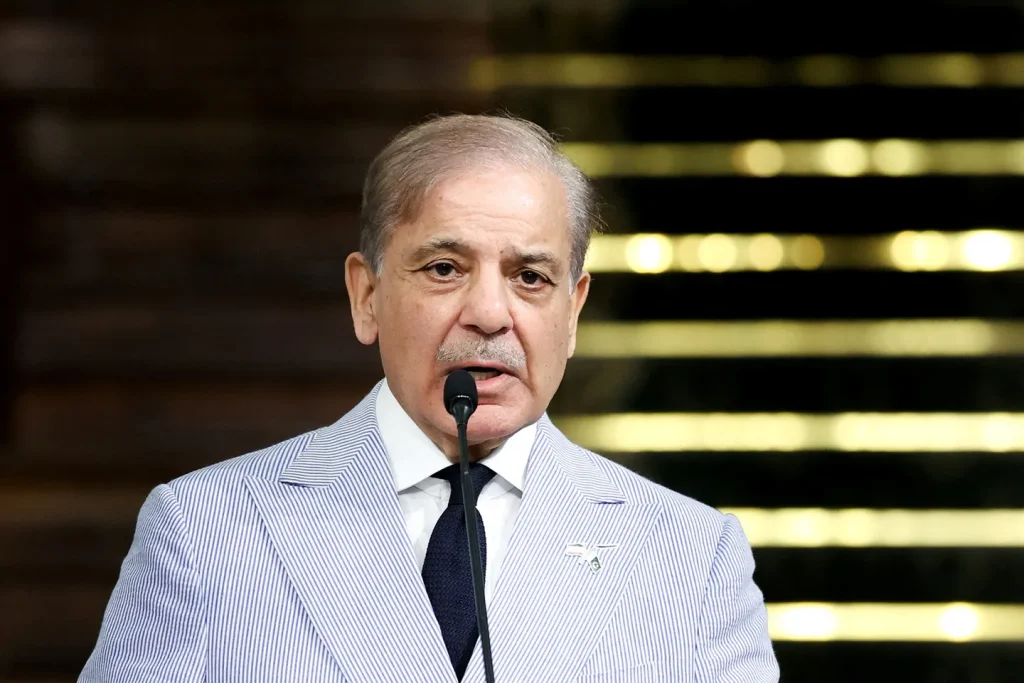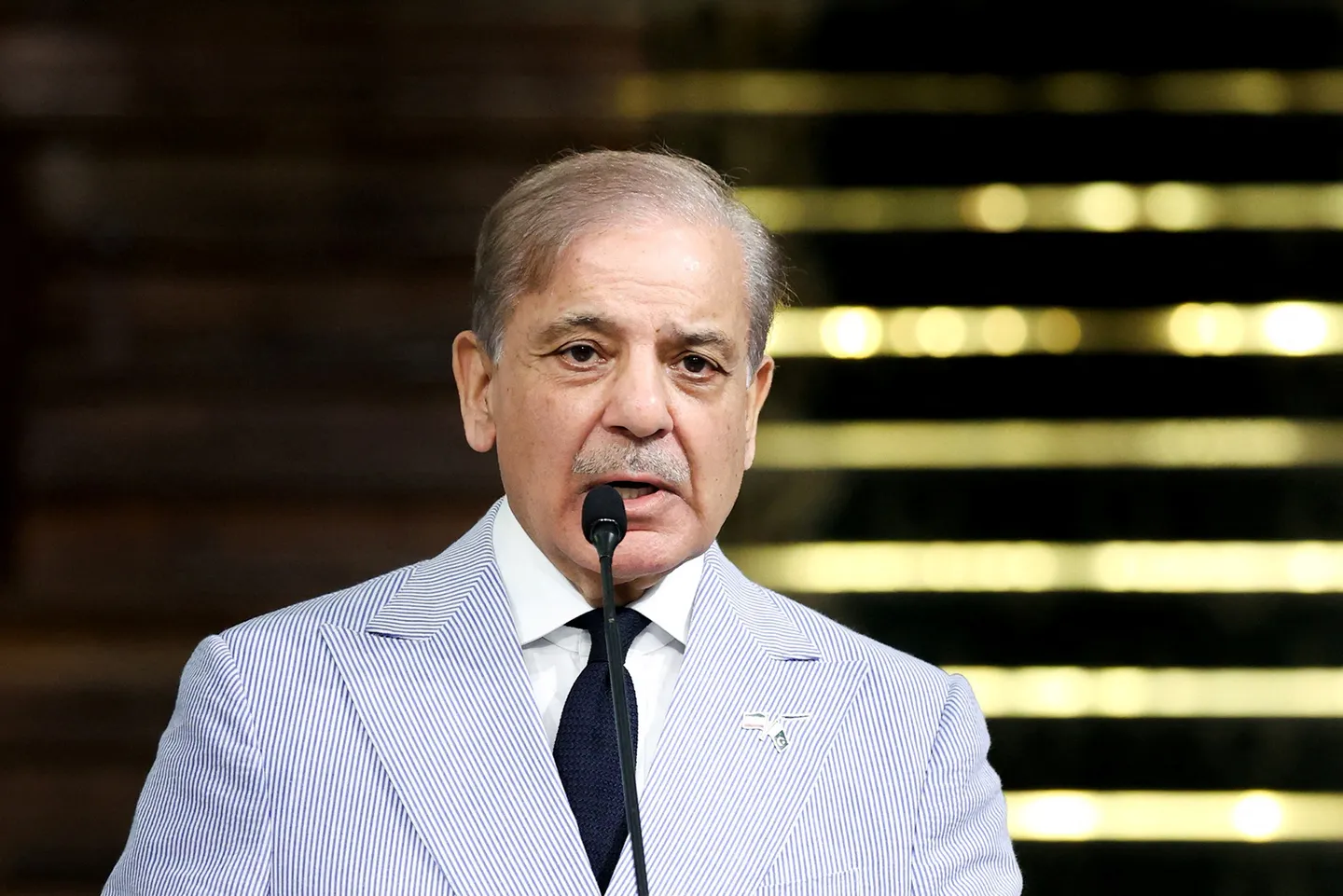Prime Minister Shehbaz Sharif says Pakistan’s policies align with President Xi Jinping’s vision as Islamabad and Beijing prepare to launch the second phase of the China-Pakistan Economic Corridor (CPEC).

Sharif Highlights Strategic Partnership With China
During his official visit to China, Prime Minister Shehbaz Sharif underscored that Pakistan’s policies are in harmony with President Xi Jinping’s vision and philosophy. Speaking ahead of high-level meetings in Beijing, Sharif described the China-Pakistan Economic Corridor (CPEC) as the cornerstone of bilateral ties and announced that the two countries are now moving into the second phase of the landmark initiative.
“Our policies align with President Xi’s philosophy of connectivity, prosperity, and shared growth,” Sharif declared. “CPEC is not just about infrastructure—it represents our shared destiny.”
Launch of CPEC’s Second Phase
The second phase of CPEC is set to focus on industrial development, digital innovation, agriculture modernization, and energy cooperation. According to officials, both countries are preparing agreements that will expand special economic zones (SEZs), boost renewable energy projects, and enhance cross-border digital connectivity.
Pakistan hopes that this next phase will create jobs, attract foreign investment, and accelerate economic growth, while China views it as part of its Belt and Road Initiative (BRI) strategy to enhance regional integration.
Economic and Security Dimensions
Since its launch in 2015, CPEC has brought major Chinese investments into Pakistan’s roads, ports, and power plants. The Gwadar port, highways linking China’s Xinjiang province to the Arabian Sea, and energy projects have already reshaped Pakistan’s economic landscape.
But with the second phase, the emphasis shifts from infrastructure to long-term economic sustainability. Pakistan’s government sees this as a chance to address industrial productivity and digital transformation, while Beijing considers it vital for securing supply chains and trade routes in South Asia.
Security remains a priority, as attacks on CPEC-related projects in Pakistan have raised concerns in Beijing. Sharif assured Chinese investors that Islamabad has reinforced security measures to protect projects and personnel.
Alignment With Xi Jinping’s Philosophy
President Xi Jinping’s philosophy of “shared prosperity and win-win cooperation” underpins China’s global outreach. By aligning with this framework, Pakistan signals its intent to position itself as a reliable partner in Beijing’s global strategy.
Sharif praised China’s approach to mutual development and highlighted how Pakistan’s own economic policies—emphasizing sustainability, industrial growth, and technological advancement—fit into Xi’s long-term vision.
“China’s rise is not just a story of economic success, but of stability and vision. Pakistan is proud to walk alongside China in building a prosperous regional order,” Sharif said.
Regional and Global Implications
The announcement comes at a critical moment for South Asia and Eurasia, where competition over infrastructure and influence is intensifying. The US and India have expressed skepticism over CPEC, particularly due to its routes through disputed regions like Gilgit-Baltistan.
Nevertheless, Pakistan insists that CPEC will remain a “transformational project” that boosts not just bilateral ties but also regional connectivity. Analysts note that China’s continued investment in Pakistan reflects both economic pragmatism and strategic depth, as Beijing seeks reliable partners amid global geopolitical tensions.
Looking Ahead
With the second phase of CPEC set to roll out, both Pakistan and China appear determined to deepen cooperation. Islamabad expects significant progress in digital economy projects, agriculture, and green energy, while Beijing emphasizes the corridor’s role in its broader Belt and Road Initiative.
For Pakistan, aligning with Xi Jinping’s philosophy is more than a diplomatic statement—it is a declaration that the country sees its future tied to China’s rise.











Comments are closed.